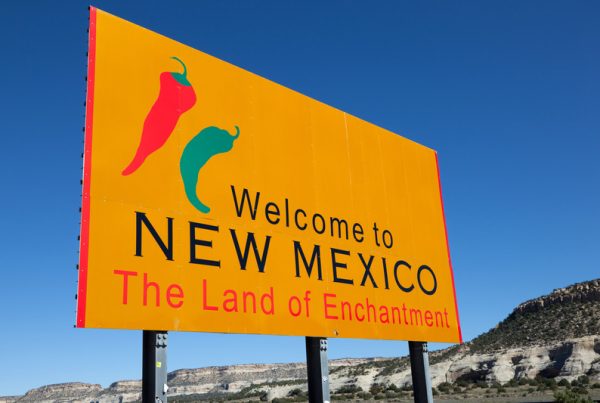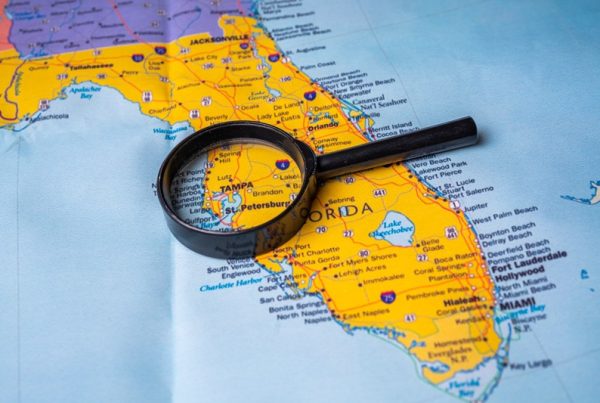Understanding the complexities of insurance in the world of business can be difficult. Unfortunately, misconceptions are often the focus of conversations and lead many entrepreneurs to make poor decisions. These myths must be debunked to provide clarity about the true nature of insurance for business. Here are seven myths that you should be aware of:
1. Business Insurance is Unnecessary for Small Businesses
Reality: Every business, regardless of size, faces potential risks. A single lawsuit, natural disaster, or unexpected event could wipe out your enterprise. Small businesses, with limited resources, may be even more vulnerable. For instance, if a customer slips and falls at your premises, liability insurance can cover medical costs and legal fees. The right coverage acts as a safety net, ensuring that one misfortune doesn’t lead to financial ruin.
2. Home-based Businesses are Covered by Homeowner’s Insurance
Reality: Many entrepreneurs mistakenly believe their homeowner’s policy will cover business-related losses. While some homeowner’s policies might offer minimal coverage for home-based businesses, it’s often insufficient. For example, if there’s a fire in your home office, your homeowner’s insurance might not cover the cost of replacing business equipment or inventory. A separate business policy is usually required to ensure comprehensive coverage.
3. Business Insurance Covers All Risks
Reality: No insurance policy covers everything. “All-risk” policies cover a wide range of incidents, but they’ll still have exclusions. It’s important to read the fine print and understand what’s covered. If your business has specific risks — such as cyber threats or environmental hazards — you might need specialized coverage.
4. Personal Auto Insurance Covers Business Use
Reality: If you use your personal vehicle for business purposes, such as delivering goods or transporting equipment, your personal auto insurance might not provide coverage if there’s an accident during a business-related trip. Depending on the frequency and nature of usage, commercial auto insurance might be necessary.
5. New Businesses Don’t Need Insurance
Reality: Starting a business comes with inherent risks. From potential property damage to legal liabilities, numerous things can go wrong. Moreover, some forms of insurance are mandated by law, depending on your location and the nature of your business. For instance, if you hire employees, workers’ compensation insurance might be required.
6. Lower Premiums Mean Better Value
Reality: While everyone loves a good deal, the cheapest insurance might not offer the best value. A lower premium might come with higher deductibles, fewer covered events, or limited claim amounts. When evaluating insurance options, it’s crucial to assess the coverage’s breadth and depth against its cost. Sometimes, paying a slightly higher premium might result in substantially better protection.
7. Once Purchased, I Don’t Need to Review My Policy Regularly
Reality: Businesses evolve, and so do their risks. Expanding your services, acquiring more assets, or hiring more staff can alter your insurance needs. Regularly reviewing your policy ensures you’re adequately covered as your business grows. It also allows you to adjust for any potential savings or new products that can better cater to your needs.
In Conclusion
Business insurance is a critical aspect of a sustainable enterprise. As the business landscape changes, so do the nature and types of risks. Being well-informed and periodically reassessing your coverage will protect your venture from unforeseen setbacks. Don’t let myths guide your decisions; seek expert advice and tailor your insurance to fit your unique business needs.












